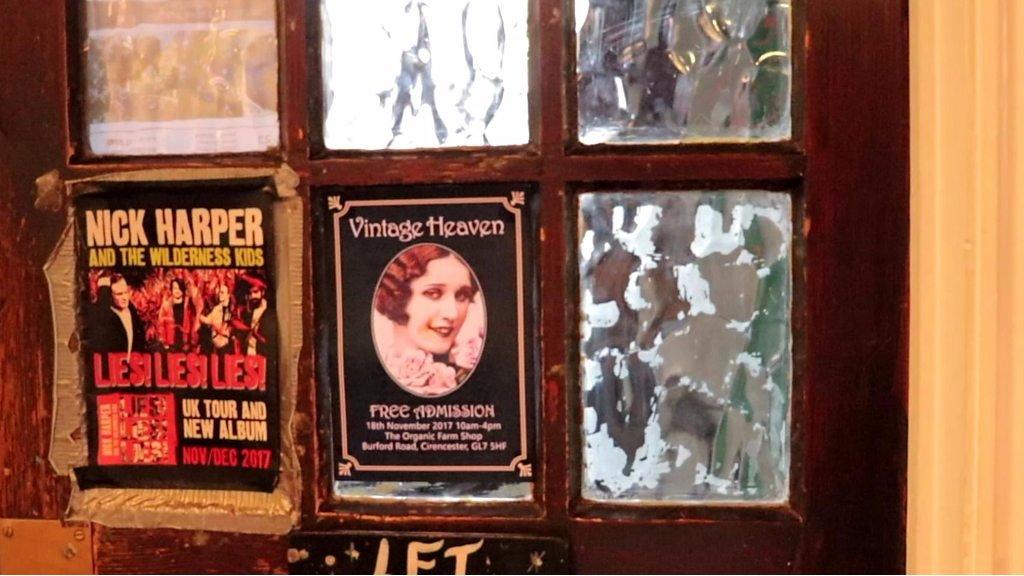Covid: Bristol music venues and nightclubs "need more support"
- Published
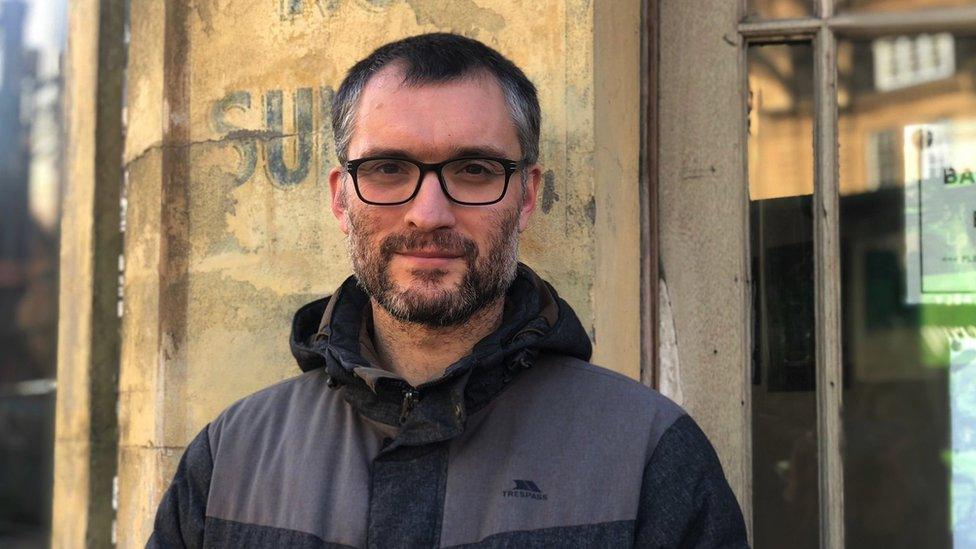
Matt Otridge said the pandemic was hitting music venues and nightclubs harder than the rest of hospitality
Nightclubs and music venues say more financial support is needed to help protect their sector, despite Covid restrictions being lifted.
Bristol's Motion said it was spending extra money booking additional staff in case someone became ill.
Gig venue Exchange added international artists were postponing gigs, "decimating" its diary.
"It will be difficult to get more money out of the Treasury," said Conservative MP Siobhan Baillie.
However, she said music venues were "genuinely valued by government and important to our economy".
The West Country's biggest nightclub, Motion, a warehouse with a capacity of 4,000, was closed for 16 months through the pandemic.
Managing director Dan Deeks said they were still overstaffing events in order to keep within the venue's licence agreement, which determines how many security and medical staff are needed at any one time.
"Obviously in some cases we don't need that overstaffing because people aren't off ill and there's a huge extra cost to that," he added.
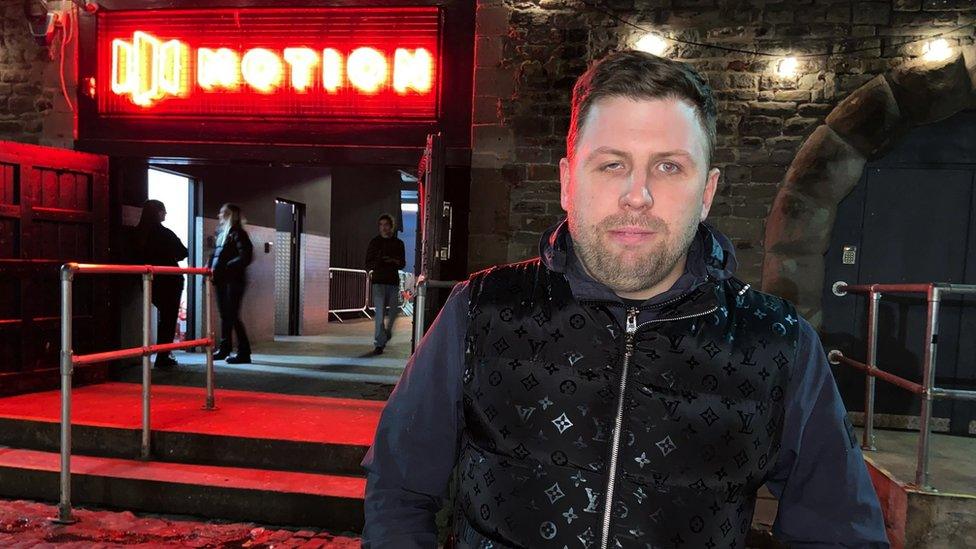
Dan Deeks said December felt like an unofficial lockdown, with people being advised by the government to stay home yet venues remained open
Exchange, a much smaller venue, said international artists, which bring in the most money, were pulling events or postponing until spring.
"People don't want to put deposits down on the flights to come to the UK because it's a big financial risk to then find out they can't come because they get coronavirus," said manager Matt Otridge.
All coronavirus restrictions were lifted in England on 27 January, leaving establishments to decide on their own rules.
Both Exchange and Motion are continuing to ask their staff to wear face coverings and asking people to take a lateral flow test before arriving.
Mr Otridge said: "We (also) ask the public to wear masks. We have a very big emphasis on people testing themselves prior to coming to the event. We offer refunds if people feel ill."
He said the venue had also made a "significant investment" in purchasing UVC disinfection units which were fitted throughout the venue.
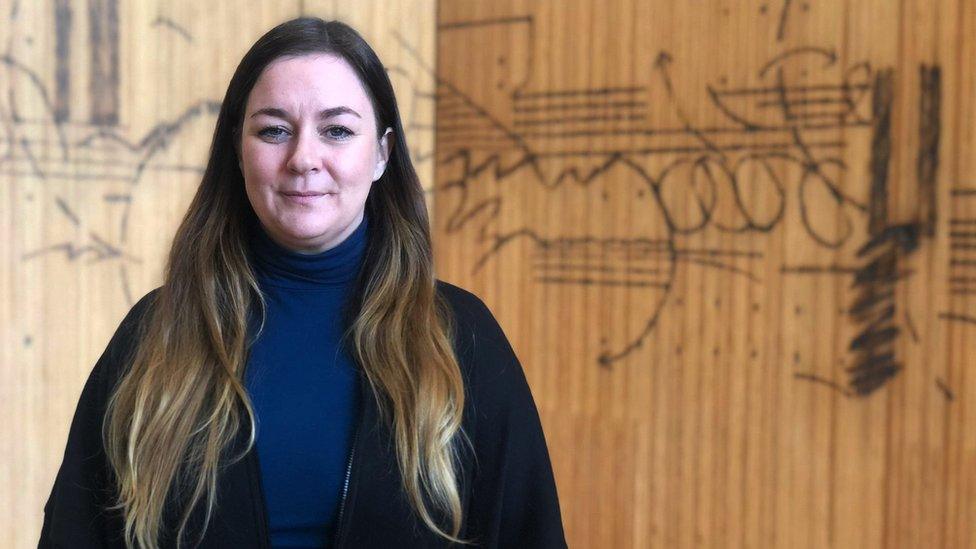
Carly Heath said the night time economy in Bristol makes up about a third of the city's workforce
Mr Deeks said businesses like theirs contributed to the culture and economy of the UK, but needed more funding to help them stay afloat.
"We'd like support for our staff. That's the one thing that is a real problem for us at the moment.
"Throughout December there was a huge amount of staff that we overbooked but when the government told people not to go out, those staff were surplus to our needs.
"This is constantly going to be a push and pull situation when really we need certainty."
Before the pandemic the live music industry was worth about £4.5bn a year to the British economy.
Carly Heath, Bristol's Night Time Economy Advisor, said about 91,000 people work in the sector within the city.
"It's enormously valuable. The night time is where we meet our friends and we get together with our community," she added.
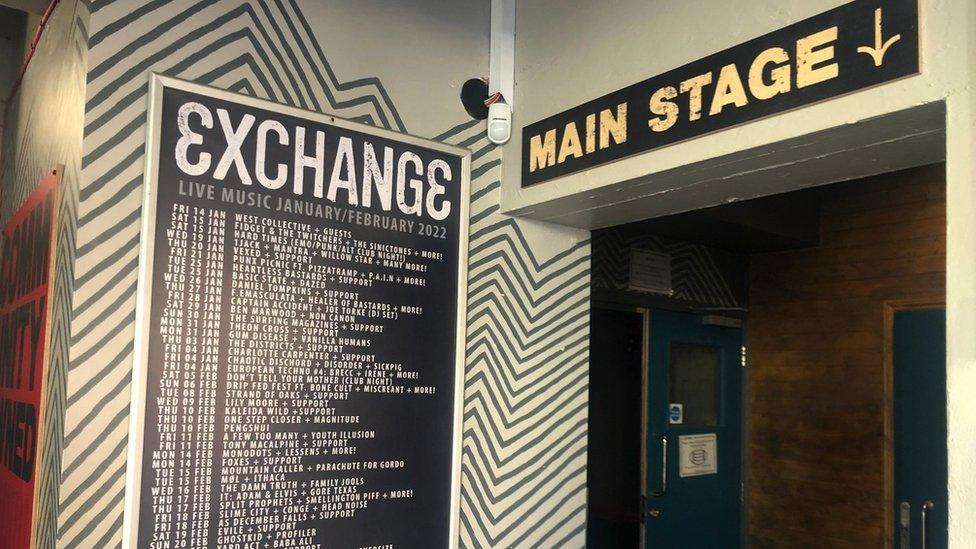
Exchange said its bookings diary had been "decimated" for the start of the year
The chancellor's £1bn support package for businesses, announced late last year, included one-off grants of up to £6,000, which the Music Venue Trust, external called a "woefully inadequate response".
"I mean, £6,000 to a business like ours is not a lot of money, if I'm completely honest," said Mr Deeks.
"When you're talking about businesses that were losing on average about £45,000 a weekend it doesn't even scratch the surface in terms of retaining jobs and making sure that the venues are financially stable," added Ms Heath.
Ms Baillie, the MP for Stroud, said: "I found I had to really go in to bat for these venues during the pandemic because there seemed to be a real lack of understanding of how the businesses are run and the impact of the closures we saw during lockdown.
"I think it will be difficult to get more money out of the Treasury but I think it's absolutely worth making the case and constantly asking for that support."
She pointed out that the government had also provided the furlough schemes, business rates cuts and other ways of supporting the events industry during the pandemic.
A spokesperson for HM Treasury said: "We've supported businesses throughout the pandemic through our nearly £400 billion package of support, and will continue to do so.
"As well as £1bn in new grants support, businesses are still benefitting from a 75% cut in business rates over the year, reduced VAT, eviction protection, government-backed loans, Time to Pay and our reintroduced Statutory Sick Pay Rebate Scheme."

Follow BBC West on Facebook, external, Twitter, external and Instagram, external. Send your story ideas to: bristol@bbc.co.uk , external
Related topics
- Published15 December 2021
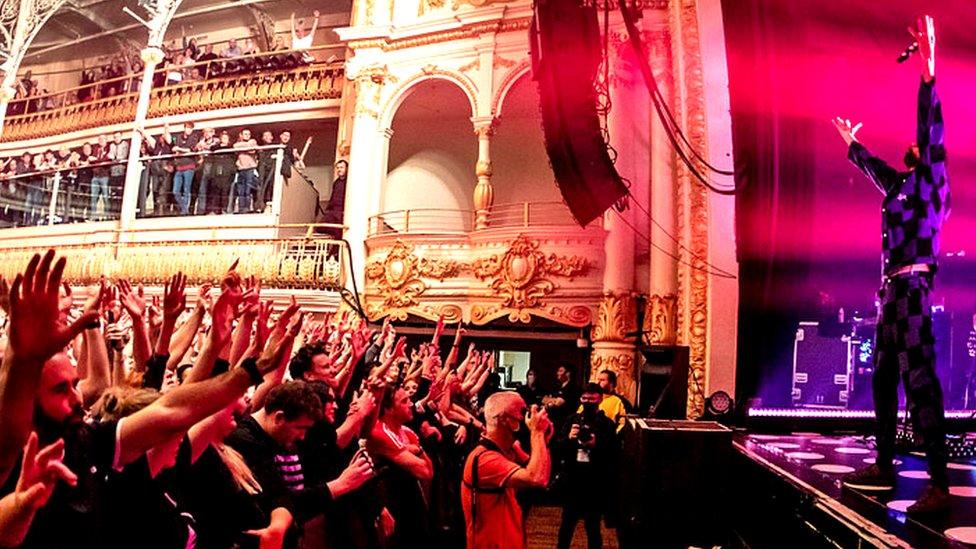
- Published31 May 2021
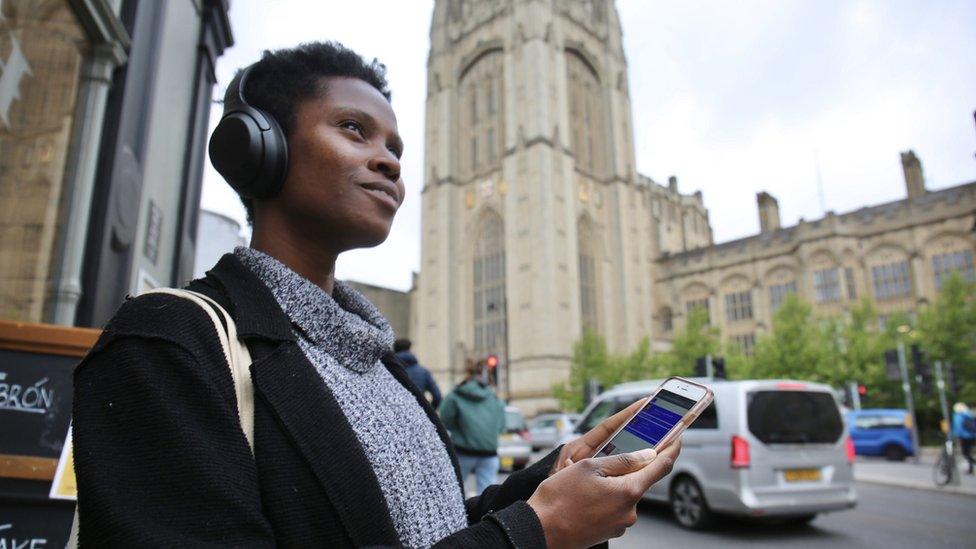
- Published26 August 2021
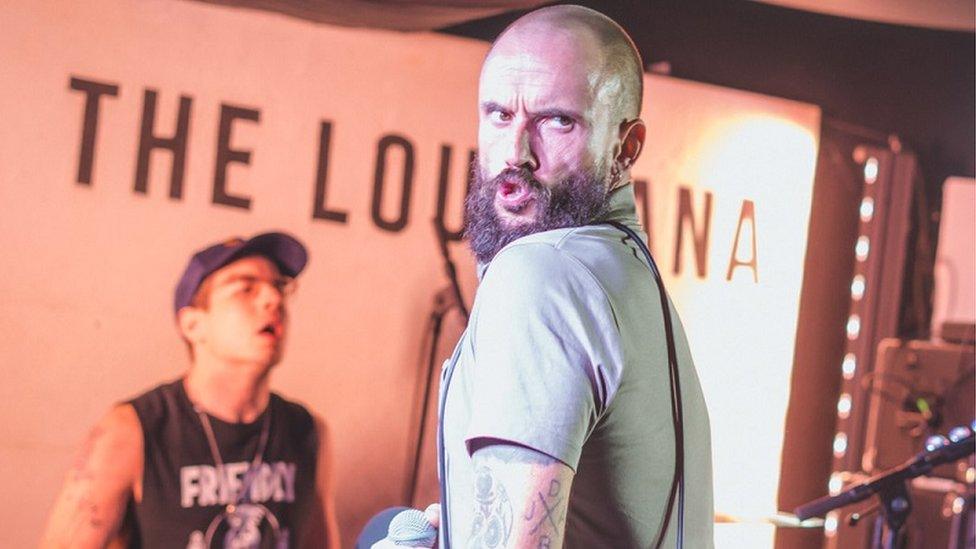
- Published23 November 2021

- Published1 December 2017
